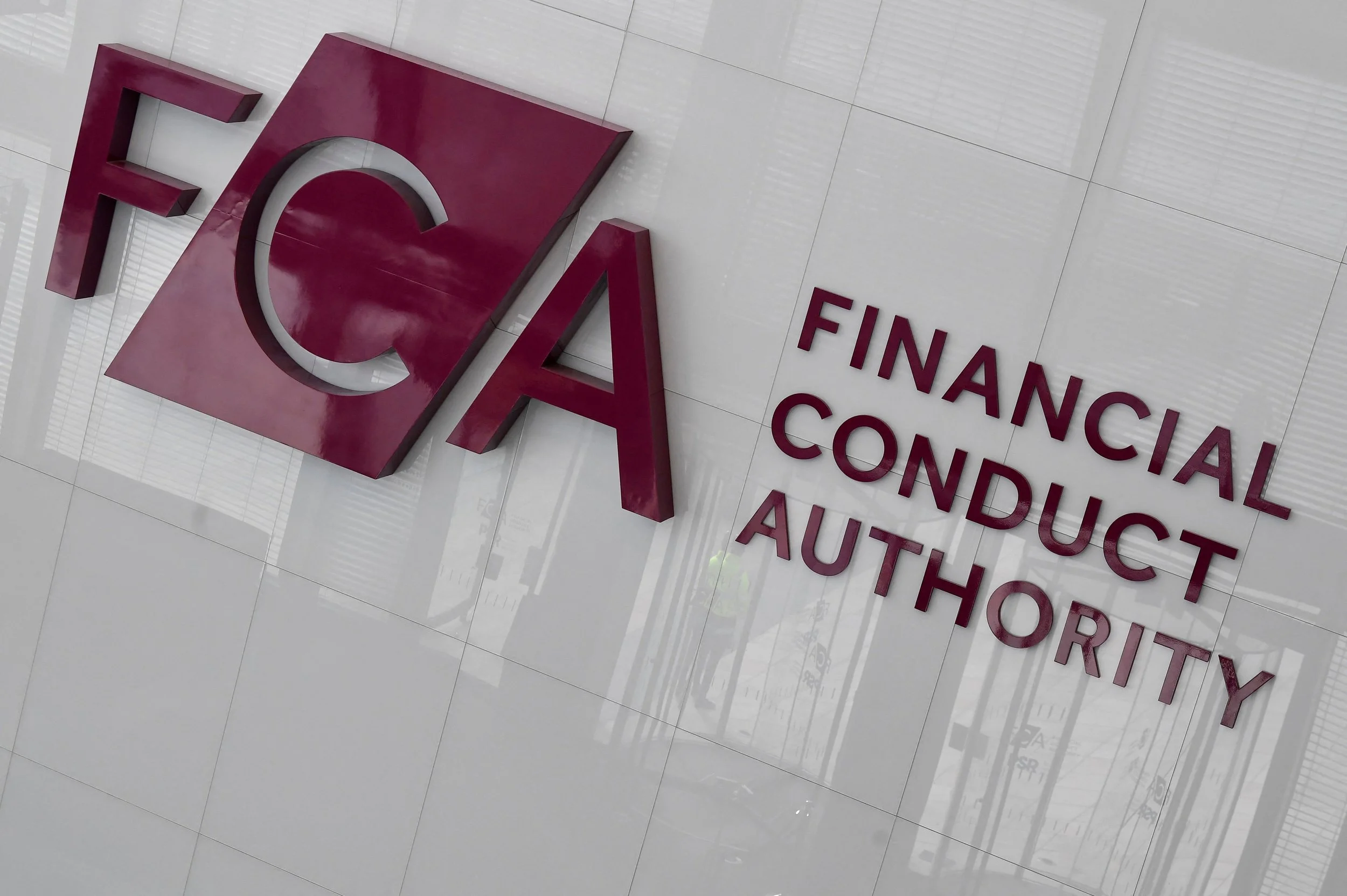
Sustainability and ESG News
UK Firms Embrace Sustainability Reporting as a Catalyst for Innovation
A recent survey by Osapiens reveals a compelling shift in the UK business landscape: sustainability reporting is no longer just a compliance checkbox, it’s becoming a strategic driver of innovation. With nearly 70% of UK firms supporting mandatory sustainability disclosures and over two-thirds viewing it as a competitive advantage, the ESG tide is clearly turning.
Catalyzing Innovation for Resilient Agriculture
As climate change intensifies and global food systems face mounting pressure, the International Finance Corporation (IFC) has released a compelling report titled Catalyzing Innovation: Scaling Solutions for Resilient Agriculture. This piece dives into how public-private partnerships and agri-tech innovations are reshaping the future of sustainable farming. The report outlines a roadmap for scaling technologies that not only boost productivity but also reduce environmental impact.
China’s Bold Leap Toward a Low-Carbon Future
On August 25, 2025, China released a new guideline aimed at accelerating its green and low-carbon transition. Jointly issued by the General Office of the Communist Party of China Central Committee and the General Office of the State Council, the policy outlines a roadmap to expand and strengthen the national carbon trading market, with ambitious targets set for 2027 and 2030.
Bloomberg Survey: Investors Eye Climate as a Revenue Driver
A recent Bloomberg Intelligence (BI) survey reveals a strong investor appetite for ESG and climate-focused strategies, with nearly 85% of respondents expecting growth in assets under management (AUM) over the next two years. The findings underscore a shift in perception: ESG is no longer just a compliance checkbox, it’s becoming a core driver of competitiveness and revenue.
California’s ESG Revolution: What SB 253 and SB 261 Mean for Corporate Climate Accountability
California is setting a new national benchmark for corporate climate transparency with the rollout of SB 253 and SB 261. These laws will require thousands of companies doing business in the state to disclose their greenhouse gas emissions and climate-related financial risks—ushering in a new era of ESG accountability.
The Philippines Unveils New Carbon Credit Policy
The Philippine Department of Energy (DOE) has announced a transformative Carbon Credit Policy aimed at unlocking both economic and environmental benefits for the country’s energy sector. The initiative is designed to reduce emissions, attract clean energy investments, and align with global climate commitments, particularly the Paris Agreement. With a public consultation underway, the DOE is rallying stakeholders to shape a transparent and inclusive framework that could redefine how carbon credits are generated and traded in the Philippines.
FCA Insights: Sustainability-Linked Loans Market Shows Signs of Maturity
The UK’s Financial Conduct Authority (FCA) has released a two-year review of the sustainability-linked loans (SLLs) market, highlighting notable progress in product integrity and governance. While challenges remain, the FCA sees encouraging signs that the market is evolving into a credible tool for transition finance.
Seaspan and Anew Climate Launch West Coast’s First Certified Renewable LNG Marine Fuel Program
On August 11, 2025, Seaspan Energy and Anew Climate announced a groundbreaking partnership to supply ISCC-certified renewable liquefied natural gas (R‑LNG) to shipowners along the North American West Coast.
PRI Launches Framework to Turn Sustainability into Value
The Principles for Responsible Investment (PRI) has launched a major initiative aimed at transforming how private market investors think about sustainability, not as a cost center, but as a source of measurable value. The newly published Sustainability Value Creation (SVC) guide introduces a comprehensive framework for integrating sustainability across the investment process to enhance financial returns.
Created in partnership with Bain & Company and NYU Stern Center for Sustainable Business, and informed by over 400 private market investors globally, the guide is a milestone in PRI’s ongoing effort to move ESG from policy to performance.
How European Businesses will be Affected by ESG Regulations in 2025
In 2025, European ESG regulations are undergoing a major transformation aimed at simplifying compliance while preserving sustainability goals. The new Omnibus Simplification Package brings relief to SMEs and shifts focus toward impactful environmental and social initiatives.
Siemens Sets Sustainability Benchmark with EcoVadis Platinum Rating
Siemens has raised the bar for corporate sustainability, earning the Platinum medal and its highest-ever score of 85 points in the 2025 EcoVadis Sustainability Rating. This places Siemens in the top 1% of over 130,000 companies assessed globally, underscoring its leadership in environmental, ethical, labor, and procurement practices.
EFRAG Unveils Streamlined ESRS Drafts for Public Review
EFRAG (European Financial Reporting Advisory Group) has released revised Exposure Drafts of the European Sustainability Reporting Standards (ESRS), launching a 60-day public consultation. These standards aim to reduce complexity while maintaining alignment with the European Green Deal and the Corporate Sustainability Reporting Directive (CSRD).
EU Sets Ambitious 2030 Goals with New Circular Economy Act
The European Union is gearing up to double its circularity rate by 2030 through the newly proposed Circular Economy Act. With a strong focus on e-waste and secondary raw materials, the Act aims to reshape the EU’s industrial landscape into a more sustainable and resilient system.
Unlocking $1.3 Trillion: How the Net-Zero Asset Owner Alliance Is Reshaping Climate Finance
The Net‑Zero Asset Owner Alliance (NZAOA) is a UN‑convened coalition of institutional investors managing around US $9.2 trillion in assets. NZAOA has recently unveiled a strategic roadmap to help mobilize $1.3 trillion in annual private climate finance by 2035.
IFRS Publishes Near‑Final Climate‑Related Uncertainty Examples
On July 24, the International Financial Reporting Standards (IFRS) Foundation released near-final illustrative examples to help companies reflect climate-related uncertainties in their financial statements using existing IFRS Accounting Standards. These practical examples aim to close the gap between sustainability disclosures and audited financial reports.
China to Back Brazil’s Forest Fund
China is signaling interest in joining a Brazil-led global forest protection fund, a move that could reshape international climate finance and forest conservation. This potential partnership underscores growing South-South cooperation in tackling deforestation and climate change.
Germany to Return its Sustainable Finance Beirat
Germany is reinstating its Sustainable Finance Beirat, signaling a renewed commitment to ESG-driven financial policy. This move aims to streamline sustainable investment strategies and position Germany as a global leader in green finance.
Sustainability as a Core Business Opportunity: Key Insights From Morgan Stanley 2025 Survey
Morgan Stanley’s latest Sustainable Signals: Annual Global Survey of Corporates 2025 report confirms a pivotal shift in how global companies view sustainability. The findings reveal that sustainability is no longer treated as a compliance requirement or a reputational risk, it is increasingly seen as a core driver of long-term value creation.
EcoVadis Insights: U.S. Companies Double Down on Sustainability Amid ESG Backlash
Despite growing political scrutiny and regulatory uncertainty, U.S. companies are not backing down from sustainability. A new EcoVadis report reveals that 87% of large firms are maintaining or increasing their ESG budgets in 2025—even if they’re talking about it less.
EU Parliament Pushes Back on EUDR Deforestation Risk Ratings
The European Parliament rejected the Commission’s country-risk classification system under the EU Deforestation Regulation. Lawmakers say the current approach relies on outdated data, lacks transparency, and fails to reflect actual deforestation risks.




















